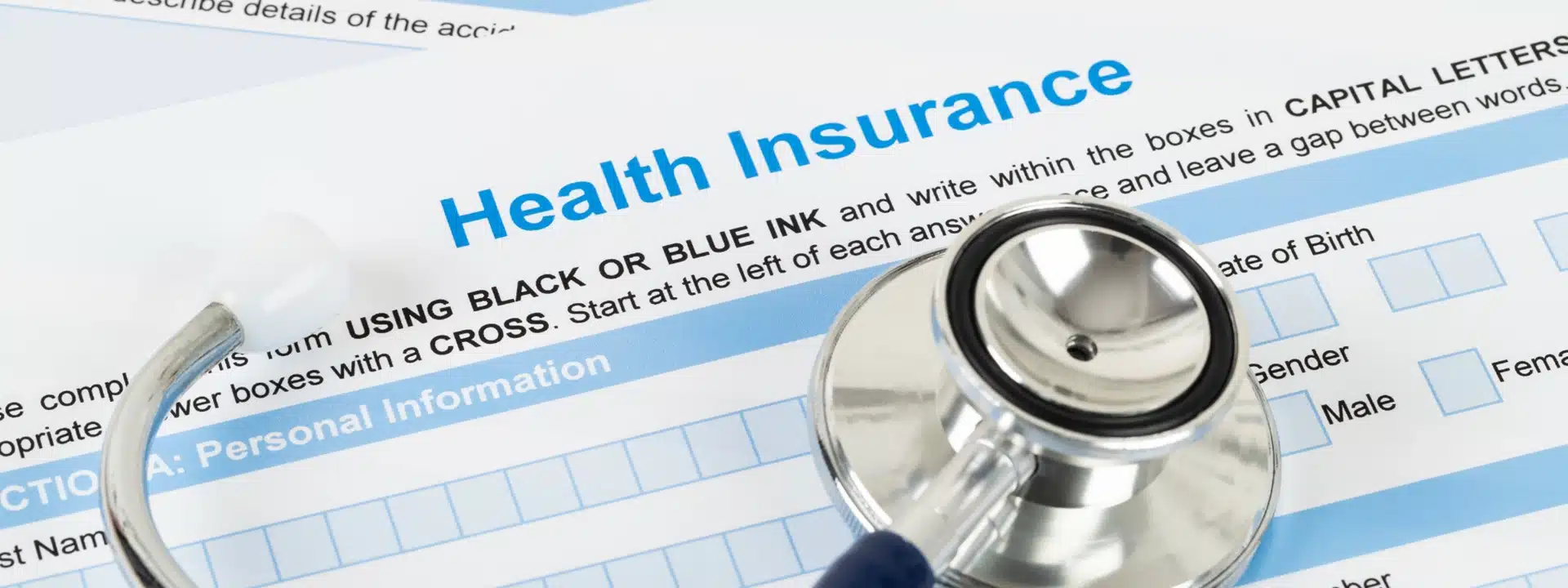I used to Google ADHD treatment near me at 2 a.m., wondering if something was wrong with me. I felt confused and alone. Tasks would start, then poof. They disappeared from my mind. I lost my keys, phone, and even my train of thought. Daily. I thought something was wrong with me. Lazy? Broken? Maybe both.
I interrupted people mid-sentence. That wasn’t my goal, but I couldn’t help it. I felt worn out from trying to “act normal.”
Then, I found real help.
I searched again for ADHD treatment near me. I didn’t expect much. But I met people who listened. They didn’t rush or judge. They made a plan only for me.
Now? I sleep better. I focus better. I laugh more. My brain and I are finally on the same team.
If you’re wondering whether change is possible, guess what? It sure is. Keep reading.
Still Misunderstood: Adult ADHD Isn’t What You Think
Why Is ADHD Still Misunderstood?
Many adults think they’re lazy, blaming themselves for their forgetfulness and lack of focus. But they miss a key point. ADHD isn’t a sign of weakness. It’s a brain difference.
In 2025, O’Nions et al. studied 9.5 million people. They found only 0.32% of the adults had ADHD. That’s about 1 in 9 adults. So many go undiagnosed and untreated.
The results were shocking. Men with ADHD lived 6.78 years less, while women lost 8.64 years on average. But ADHD wasn’t the only problem many faced—anxiety, depression, and heart disease teamed up like a bad crew. When one more issue popped up, things got worse. Researchers said the treatment could’ve saved lives. That’s a big deal.
It wasn’t guesswork. The researchers used solid data from 792 clinics in the UK, matching ADHD patients with ten people without ADHD. They ran smart life tables and mortality models.
The takeaway? Ignoring adult ADHD can cut years from your life. It’s not rare. It’s urgent.
How Can Accurate Diagnosis Help?
Getting the right diagnosis is where real healing starts. ADHD can be hard to nail down, thanks to overlapping symptoms and subjective tests.
A 2025 study by Santarrosa-López et al. introduced DETEC-ADHD. It’s a cool web tool that uses fancy tech—machine learning and EEG data—to diagnose ADHD accurately. This system is 90% accurate for adults and 100% for kids. It’s not only symptom-based. It combines personal, medical, and psychological info with brain wave analysis.
DETEC-ADHD measures theta/beta wave ratios, which is key for ADHD. It also spots subtypes: inattentive, hyperactive, and combined—all in one spot.
It’s fast, budget-friendly, and can help everywhere, especially where resources are tight. Better data means better choices (diagnosis, care, and lives).
ADHD Meds Work. Until They Don’t.
Why Do Medications Fall Short?
Do medications let you down? Medications like Ritalin and Adderall help many individuals. They reduce impulsivity and help with focus. But they don’t work for everyone.
In a systematic review and meta-analysis, Bellato et al. (2025) examined 17 trials involving over 5,300 people with ADHD. They wanted to see if meds improved quality of life (QoL).
The findings? Amphetamines improved QoL a bit (Hedge’s g = 0.51). Methylphenidate followed (0.38), then atomoxetine (0.30). All three beat the placebo.
But the gains weren’t huge—not life-changing. Meds help with symptoms. They don’t solve everything.
So, What Are Effective Alternatives?
Bellato et al. (2025) suggested pairing medications with therapy or coaching. That’s the golden combo for lasting results. For example, Cognitive Behavioral Therapy (CBT) teaches tricks for coping and planning.
Another systematic review and network meta-analysis by Yang et al. (2025) examined 37 trials with 2,289 adults. They compared ten non-drug treatments. Results showed CBT hit hardest on symptoms. Short-term impacts had an SMD of -4.43, and the long-term effect was -3.61. That means fewer symptoms and a better daily life.
CBT also helped with anxiety and depression. Long-term anxiety improvements reached an SMD of -7.25. That’s a massive win for your mental health.
Meds help, sure. But therapy fills the gaps. CBT works on habits and mindset—not only brain chemistry.
The Internet Is Forever. So Are ADHD Symptoms.
Why Is Therapy Often Overlooked?
Therapy should be a big part of ADHD treatment, but it often gets overlooked. Many focus only on meds, missing out on the magic behavioral interventions can do.
The Centers for Disease Control and Prevention (CDC) recommends behavior therapy as a top treatment, especially for kids under six. For older individuals, mixing medication with therapy is the way to go.
Skipping therapy means grappling with half-baked treatment. That can leave many issues hanging around.
How Does Therapy Improve Outcomes?
Behavioral therapies like CBT and mindfulness can work wonders for ADHD symptoms. They teach critical skills for time and task management and help control impulses.
A 2025 review by Palakodeti et al. checked out non-drug treatments for ADHD. CBT, DBT, and MCT shined brightest. These therapies focus on time management and tackling work challenges.
Support groups and mindfulness show great promise for coping, especially for older adults.
Putting therapy into treatment plans improves overall results.
The Supply Chain’s Broken. So Is ADHD Medication Access.
Why Is Medication Access a Problem?
Getting ADHD meds isn’t always easy due to supply chain issues. Shortages mean patients travel far or switch medications, shaking up their treatment.
In Australia, a 2025 report warned of significant shortages. Ritalin and some immediate-release tablets are in short supply. Ritalin LA 30 mg might run low by April 21, 2025. Supplies of Concerta and Methylphenidate-Teva XR may be down until December. The Therapeutic Goods Administration (TGA) said these shortages traced back to global manufacturing issues.
This chaos shows the need for alternative treatments.
What Are Natural Treatment Options?
For those who can’t get meds, natural options exist to manage ADHD symptoms. Think about physical activity, diet changes, and mindfulness.
In 2025, Zhang and Li studied vigorous exercise’s effects on kids with ADHD. Results? Exercise boosted working memory (SMD = 0.37) and inhibitory control (SMD = -0.34). The study involved 367 boys and 159 girls, showcasing exercise as a stellar treatment.
Adding natural treatments can help manage ADHD effectively.
So, Why Do Adults Struggle with ADHD?
Adult ADHD often goes undiagnosed, which messes up daily life. Symptoms like procrastination and being disorganized get mistaken for personal flaws. It can cause trouble in work and relationships.
A new study led by the University of Southampton reviewed ADHD medications. It included 102 trials, covering 13,315 kids and 9,387 adults. They compared medications like methylphenidate, amphetamines, and guanfacine.
The study showed that ADHD medications increased blood pressure and pulse rates. In adults, methylphenidate raised systolic blood pressure by 1.66 mm Hg, and pulse rates jumped by 4.37 beats per minute.
Amphetamines increased systolic pressure by 2.3 mm Hg and pulse by 5.8 beats. Guanfacine, however, decreased both pressure and pulse. Systolic pressure dropped by 10.1 mm Hg, diastolic by 7.73 mm Hg, and pulse by 6.83 beats.
These findings highlight the need for careful monitoring. The long-term effects of ADHD medications still need more digging.
Recognizing adult ADHD is key. With the right type of treatment, adults can manage their symptoms effectively.
How Does Coaching Support Adults?
ADHD coaching guides adults on how to handle symptoms and improve daily routines. Coaches help set goals, create structures, and boost organizational skills.
While specific studies on ADHD coaching are few, behavioral methods have proven effective for adults. Coaching offers tailored support that complements other treatments.
“I Got My Life Back”—And So Can You
ADHD ran my life for years. Missed deadlines, forgotten tasks, and constant overwhelm were my norms. I thought I was lazy or broken. It turns out I only needed the right kind of help.
Alter Behavioral Health changed everything. I started with ADHD treatment near me. Finally, answers that clicked. Then came therapy and solid support, not only empty cliches.
They matched me with a doctor who listened. The coaching sessions provided structure and sticky tools. We even worked on lifestyle stuff—like mindfulness and better routines.
There was no fluff or shame. There was only a smart plan that worked.
So, are you ready to take the first step? Contact Alter Behavioral Health today and start your journey to effective ADHD management. They helped me take back my life and will help you, too.



